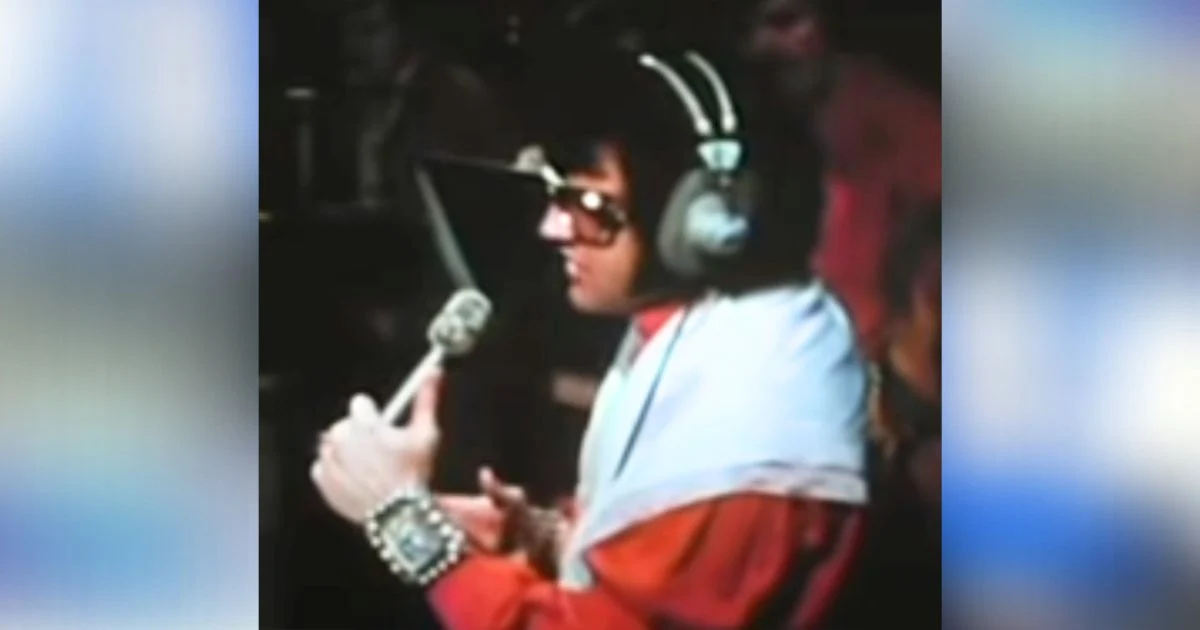“Always On My Mind” holds a unique connection to Elvis Presley, though it wasn’t originally penned with him in mind. Yet, over time, it has become intertwined with his legend, influenced by various factors, both straightforward and deeply emotional.
Elvis’s rendition of the song in 1972 is pivotal to this association. As a preeminent recording artist, any song he interpreted naturally bore his iconic stamp. However, what strikes a deeper chord is the timing of his recording, mere weeks after his heart-wrenching separation from his wife, Priscilla.
This temporal context imbues the song with profound resonance. A poignant illustration of this impact can be found in a video that delves into this tumultuous period of Elvis’s life. The narrator sets the stage, recounting the end of Elvis and Priscilla’s marriage, a loss that would haunt him indefinitely.
The transition to Elvis’s performance reveals his raw emotional state, palpable in every note. Knowing the personal backdrop between Elvis and Priscilla, his rendition transcends mere interpretation; it becomes a vessel for his own heartache.
No longer the youthful heartthrob, Elvis emerges as a man marked by life’s hardships, his voice a vessel for profound sorrow. His emotive delivery lays bare his pain, inviting listeners into the depths of his soul.
The video offers a poignant glimpse into Elvis and Priscilla’s relationship, capturing its highs and lows against the backdrop of his haunting vocals. For many fans, witnessing their idol’s visible devastation was a bittersweet revelation, humanizing the larger-than-life figure they adored.
Even as Elvis remains the “King of Rock,” this song serves as a reminder of his humanity, encapsulating both his moments of joy and profound sadness. While his earlier days were defined by infectious exuberance, his later performances, particularly of “Always On My Mind,” reveal a depth of emotional truth that resonates with audiences to this day.
As new generations of musicians emerge, comparisons to Elvis are inevitable. Yet, the true challenge lies in capturing the same level of emotional authenticity that he effortlessly conveyed, ensuring that his legacy endures beyond mere imitation.
